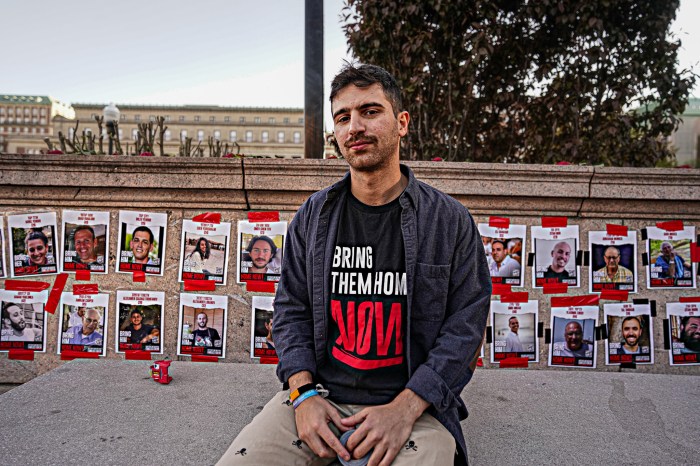According to the National Center for Education Statistics, there are currently more than 600 self-described Christian or bible colleges in the U.S. That’s about 14 percent of all degree-granting institutions nationwide.
Over the next few months, thousands will graduate from these schools, often entering full-time secular environments for the first time.
“I think I just assumed everybody was Christian, then suddenly someone at work says they’re an atheist, and you don’t even know what to do,” says Robert Hornak, who graduated from Eastern University in 2009. “But now I actually like that not everybody around me is Christian. It’s like we can actually be curious about each other.”
The adjustment is vastly different, depending on the theology of the school. For example, Eastern contains many elements of a secular liberal arts education, whereas schools like Liberty University and Patrick Henry College require courses on creationism.
Of course, plenty of students are prepared to leave campus and share their experiences. “If you want to stay in the bubble you can. There is a huge self-contained population, where you don’t meet people who disagree with you,” says John Lattanzio, who graduated from Liberty in 2006 and now lives in Philly. “But I think that’s honestly detrimental to your development as an adult.”





























